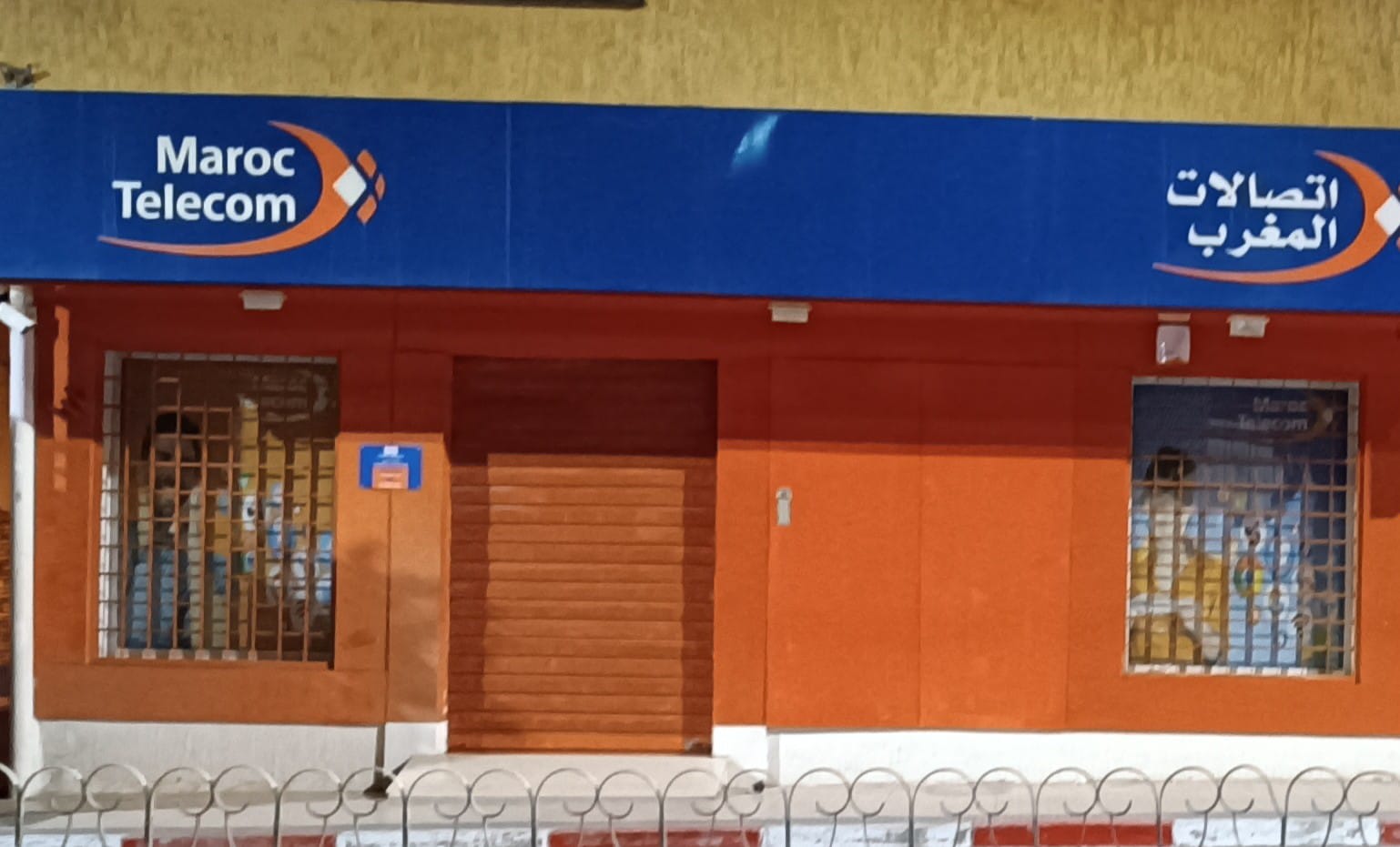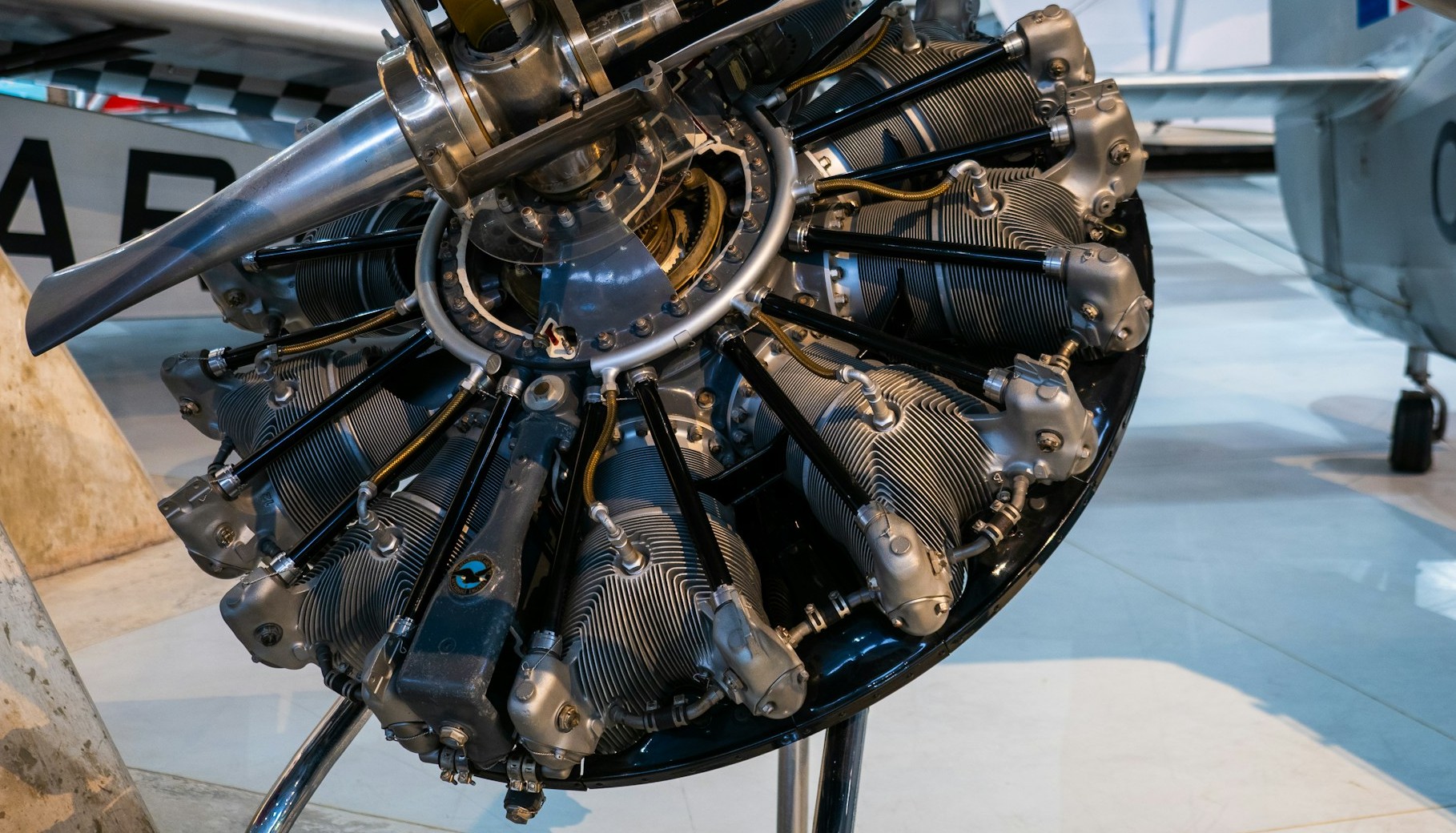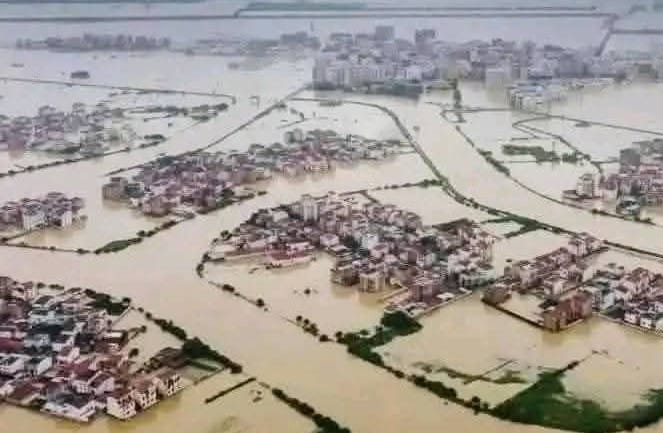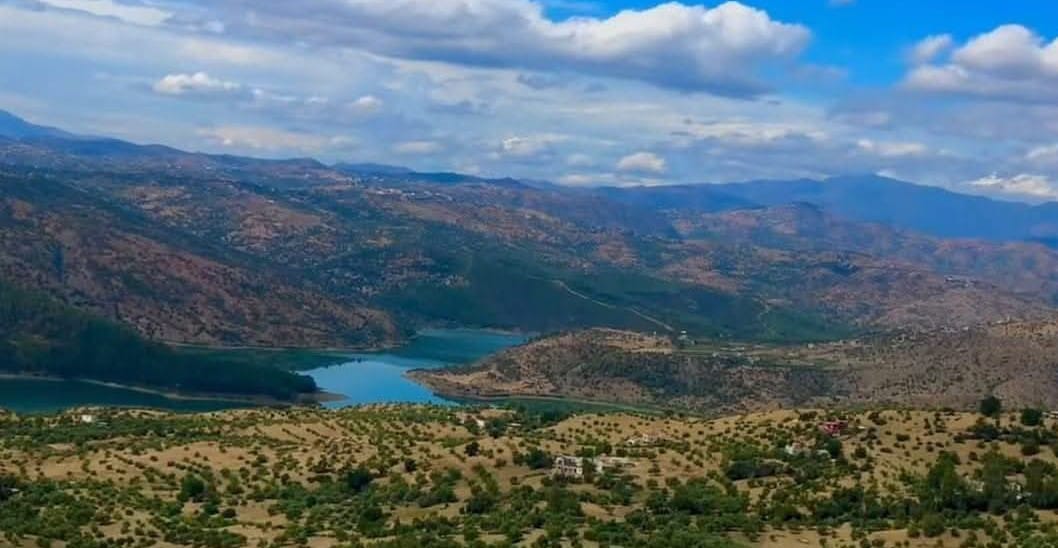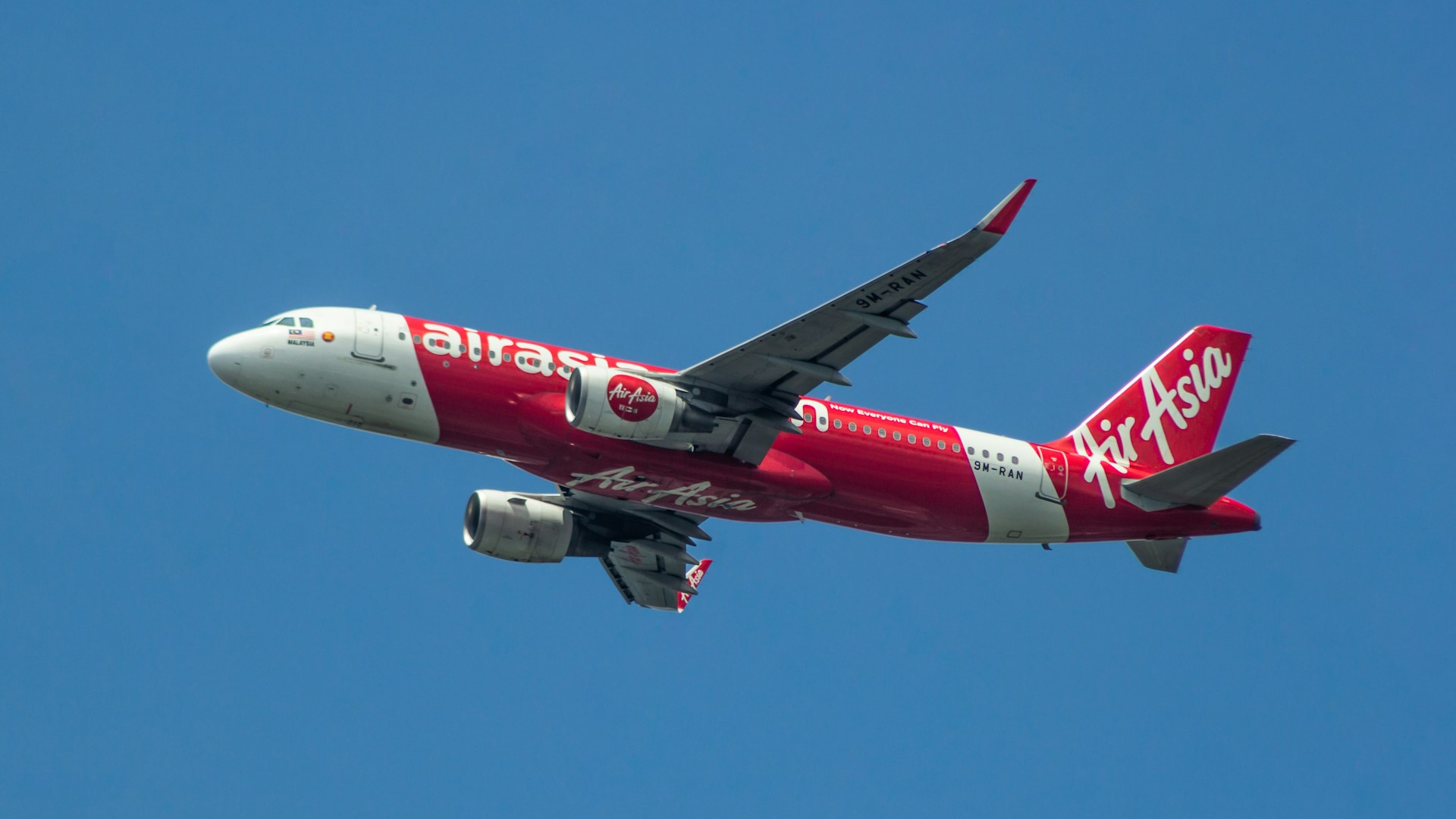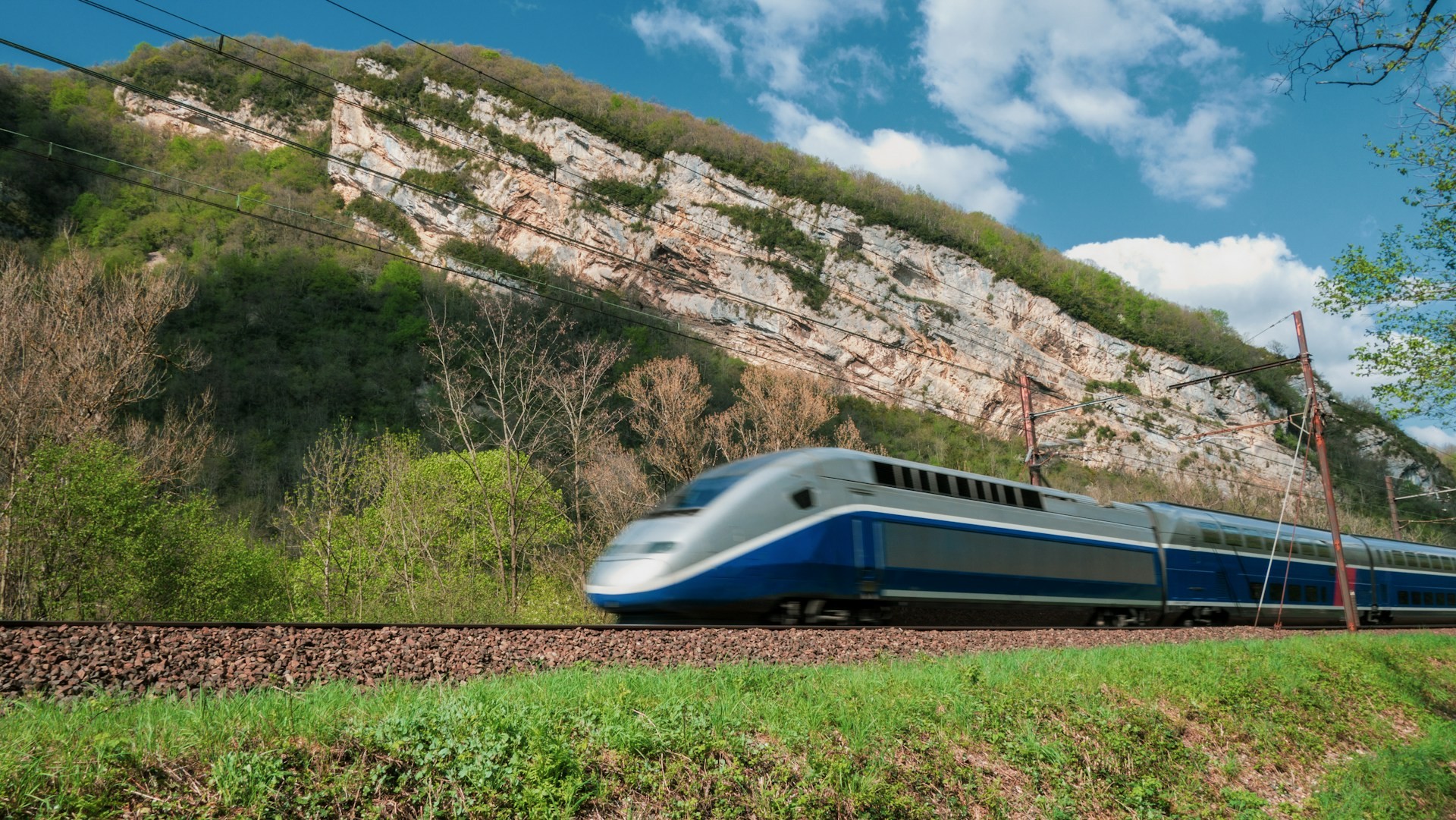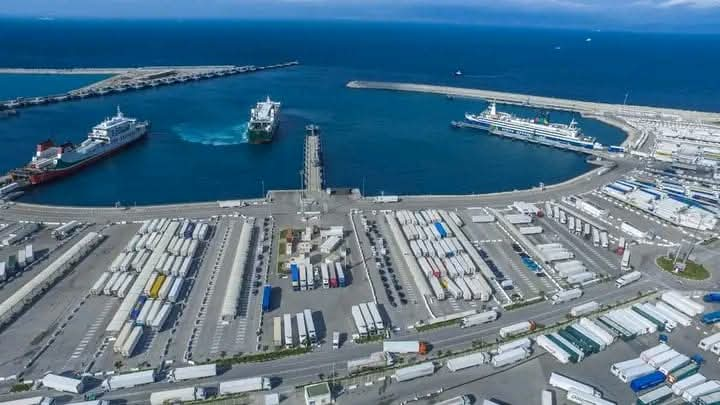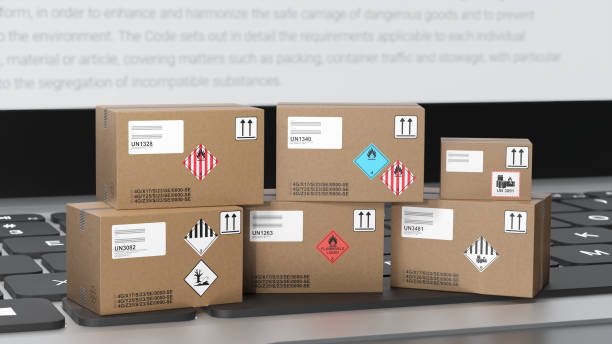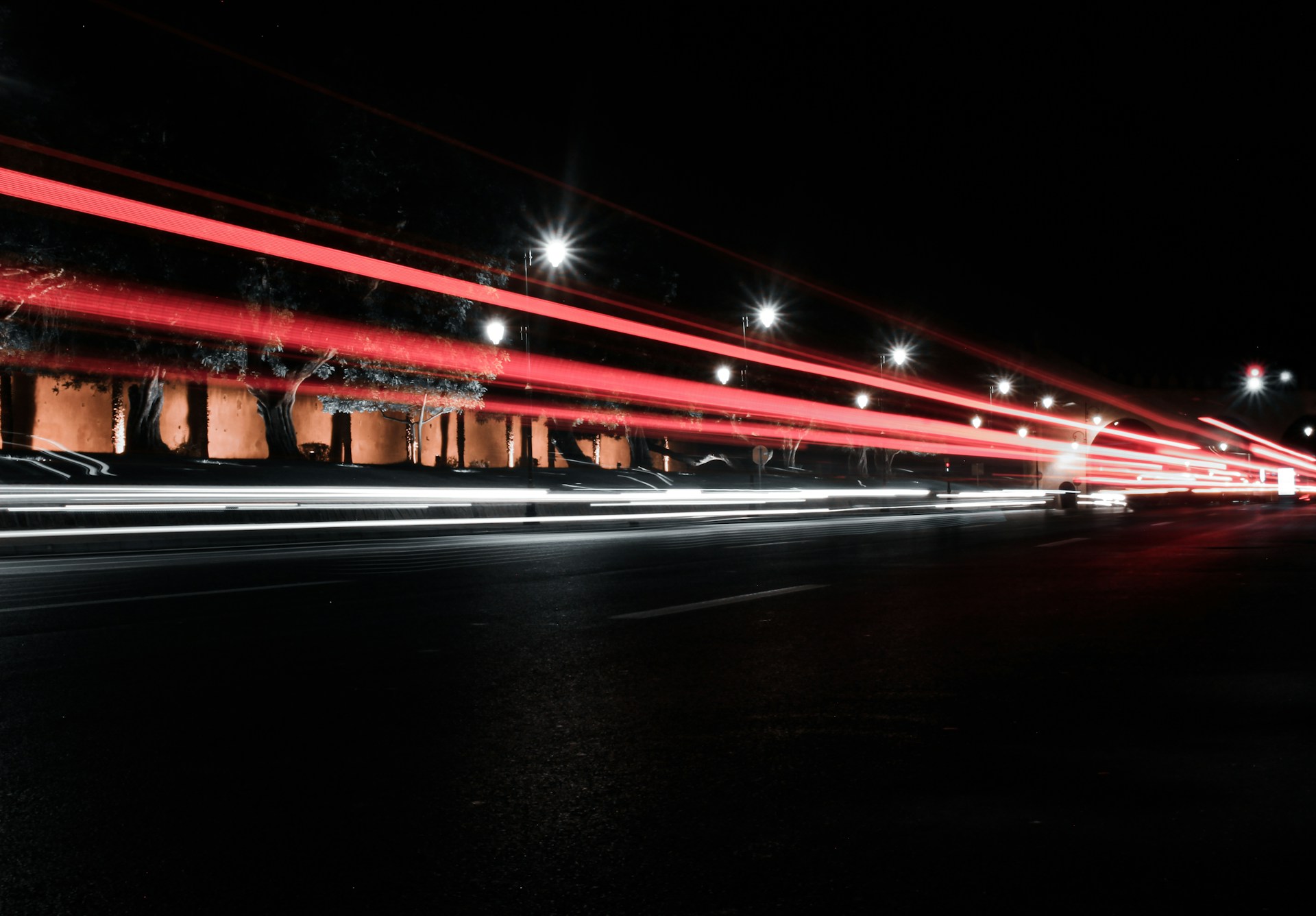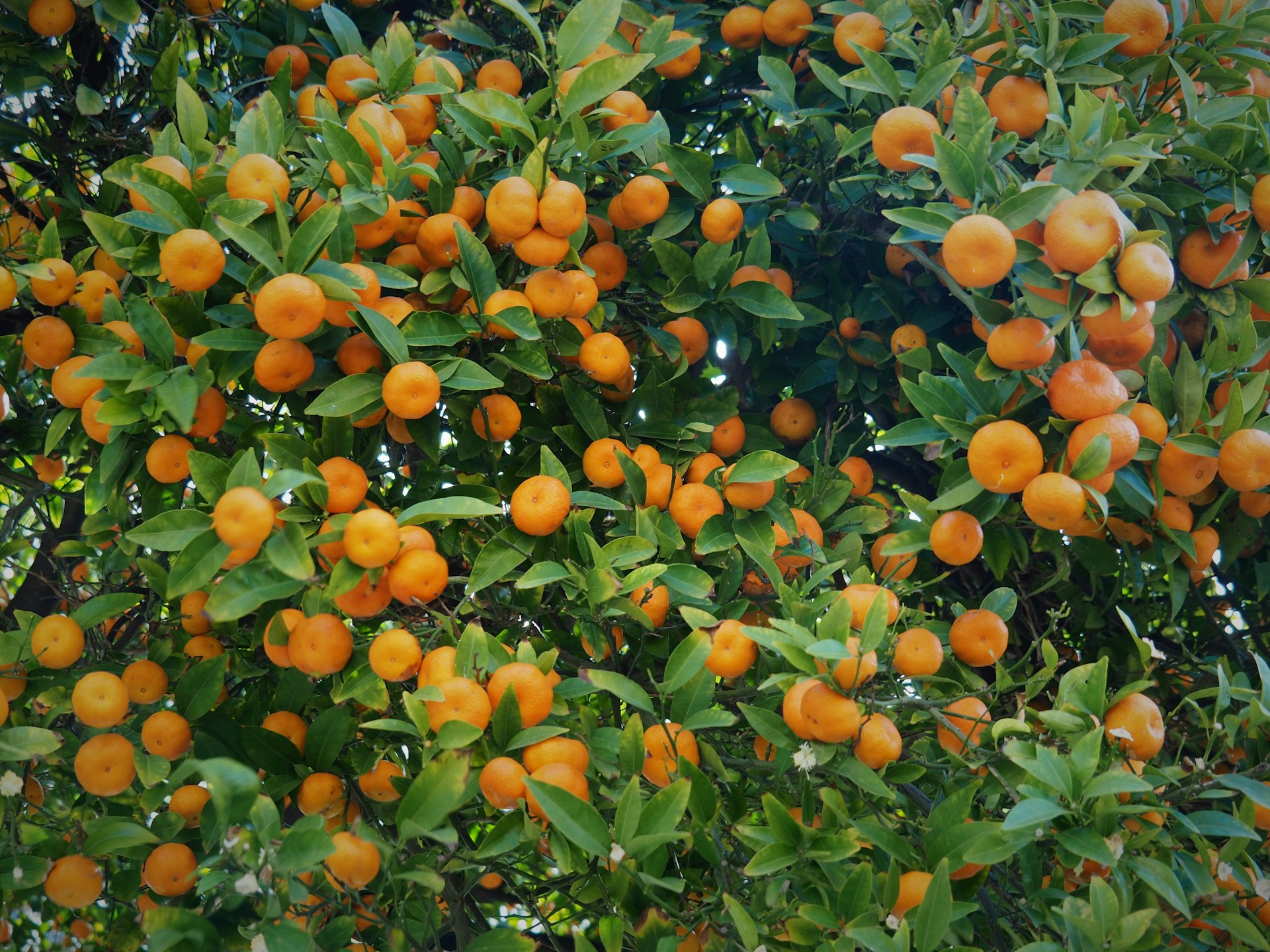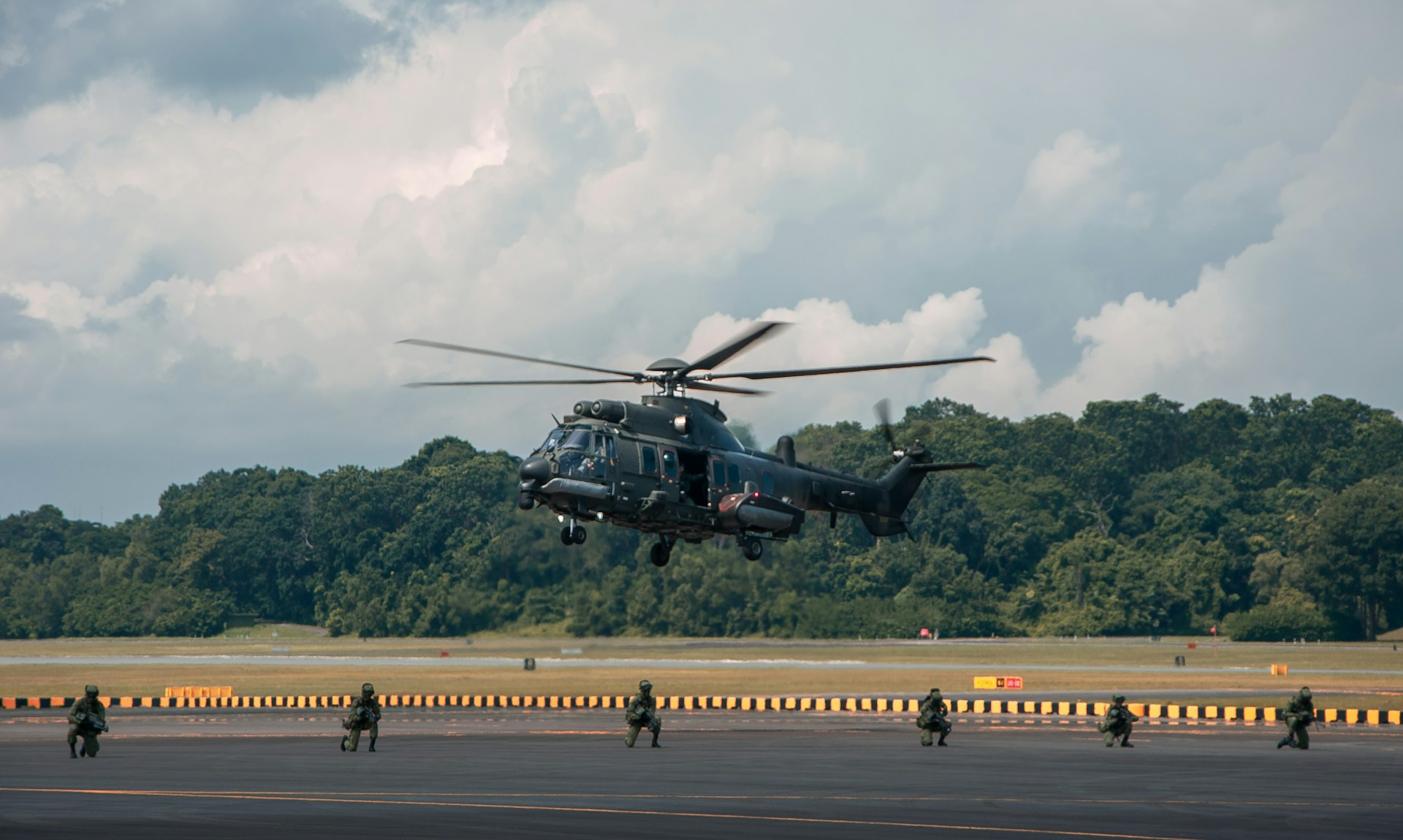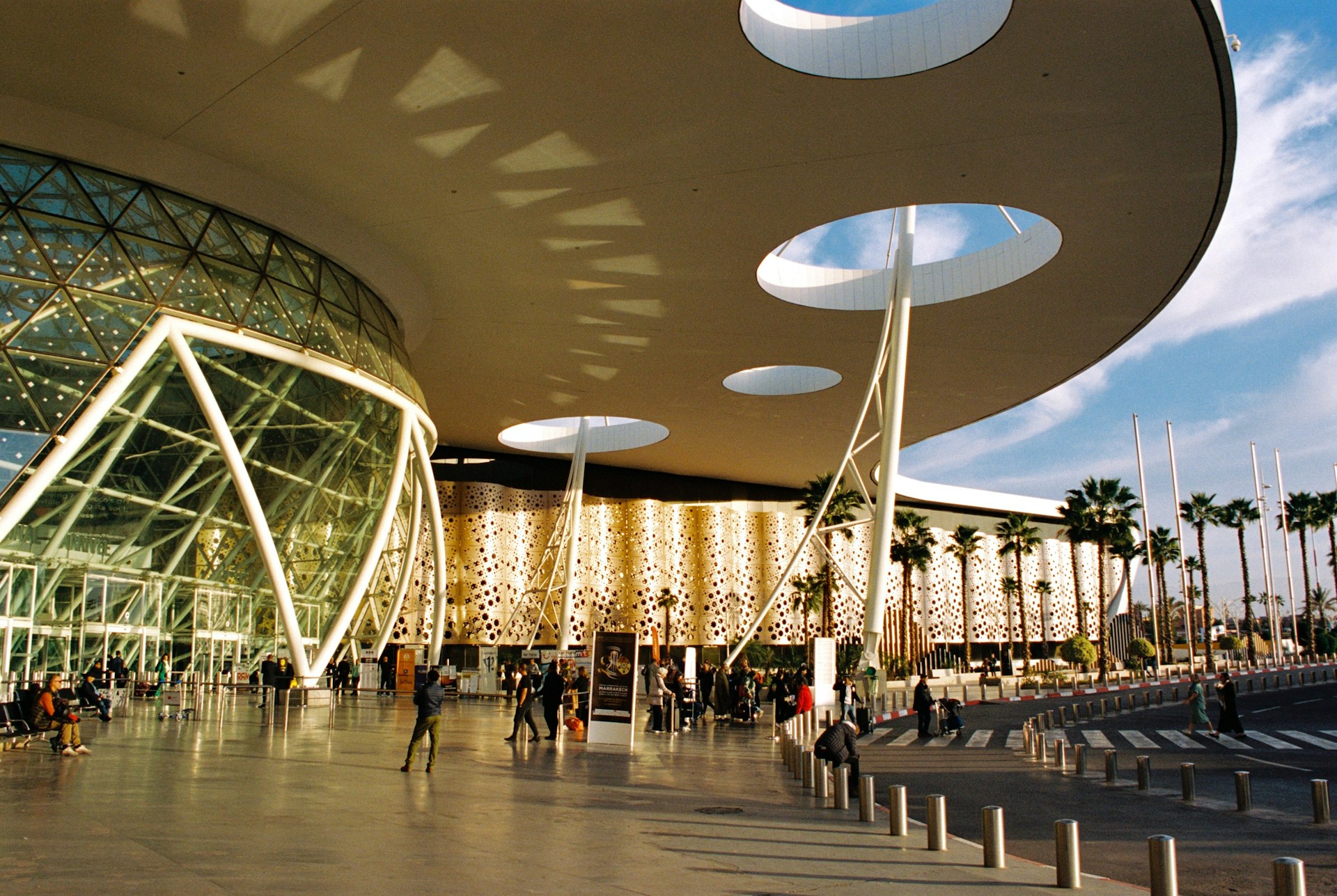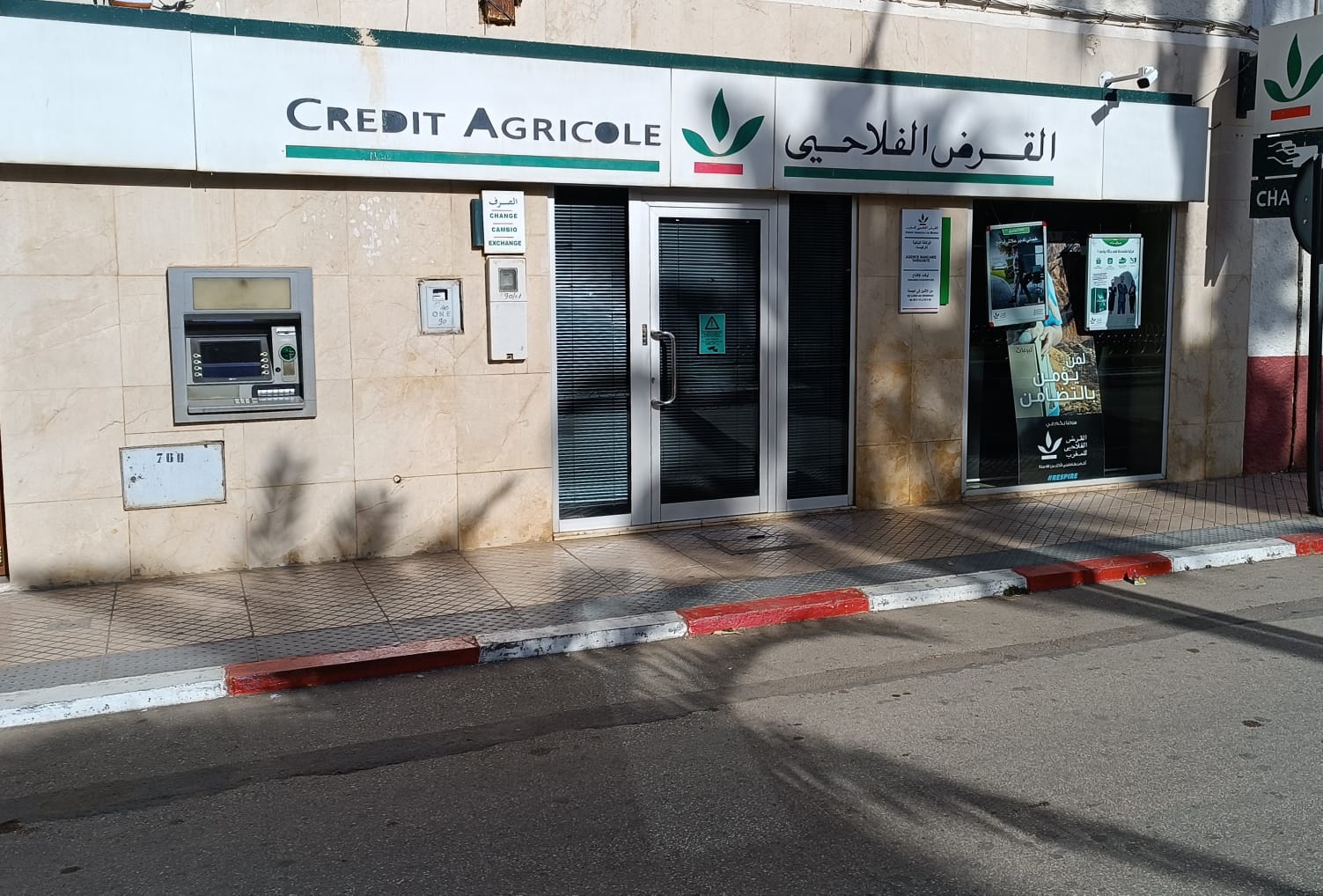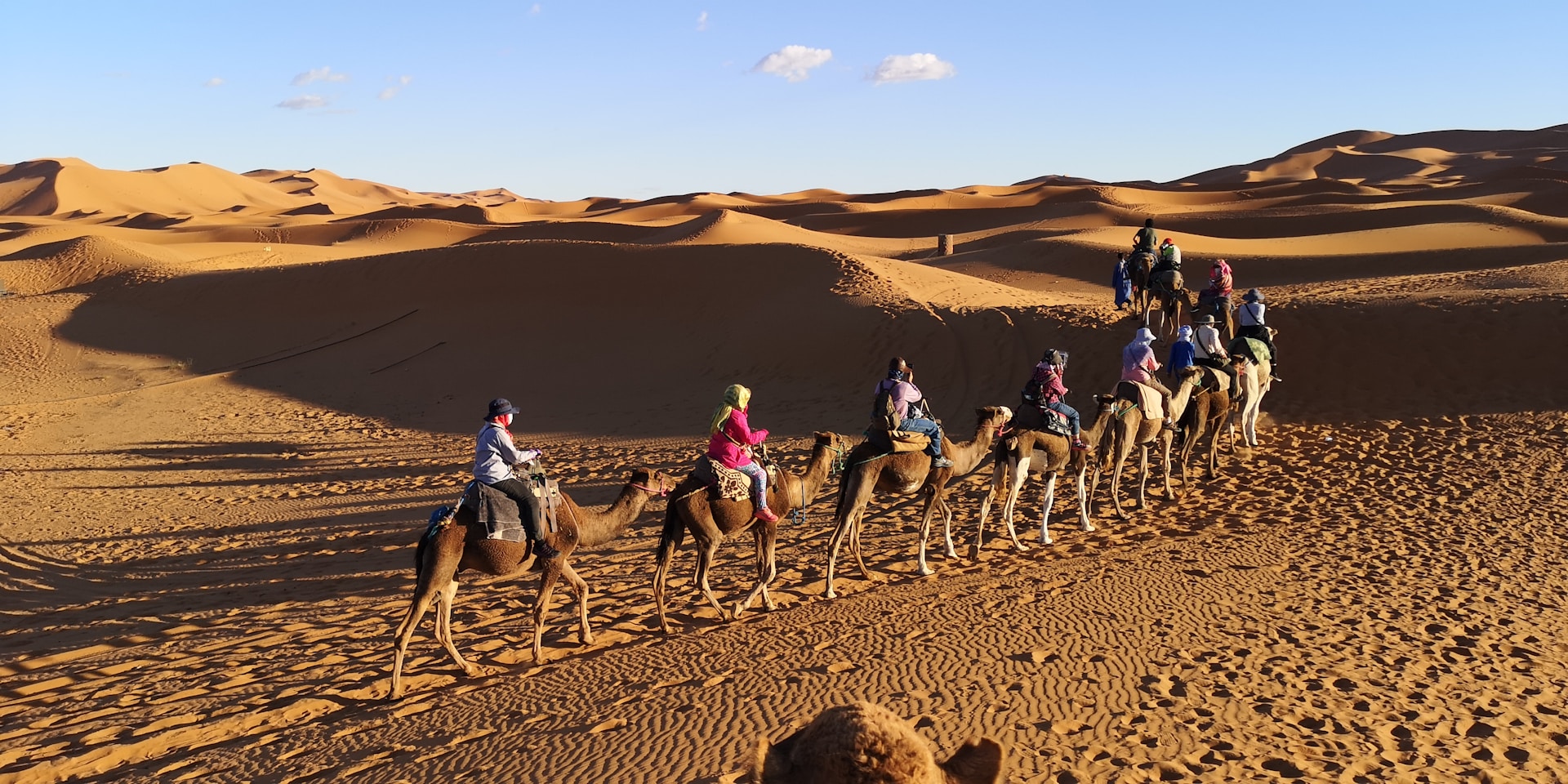Casablanca – Morocco has taken a major step in expanding its high-speed rail network with the purchase of 18 Avelia Horizon high-speed trains from French manufacturer Alstom. The contract, valued at $844 million, was signed between Alstom and the Office National des Chemins de Fer (ONCF) and is financed by the French Treasury. This significant investment is part of Morocco’s broader strategy to modernize its railway infrastructure and prepare for the 2030 FIFA World Cup, which the country will co-host with Spain and Portugal.
A strategic investment for Morocco’s future
This latest acquisition forms part of a larger $9.3 billion railway development plan running from 2024 to 2030. Morocco aims to enhance its transportation network by introducing 168 new trains, including:
- 18 high-speed trains (TGVs) from Alstom,
- 40 modern intercity trains from Spanish manufacturer CAF, and
- 110 commuter trains from South Korean company Hyundai Rotem.
The ONCF’s vision extends beyond national mobility—this development is expected to boost economic growth, tourism, and regional connectivity, making Morocco a leader in rail transportation in Africa. The Avelia Horizon trains will operate on the extended high-speed rail (LGV) line between Tangier and Marrakech, drastically reducing travel time and increasing efficiency.
Cutting-edge Avelia Horizon technology
The Avelia Horizon is Alstom’s latest-generation high-speed train, capable of speeds exceeding 186 mph (300 km/h). These double-decker trains are designed for high passenger capacity, accommodating 35% more travelers than previous models, while offering improved energy efficiency and lower operating costs. Key features include:
- Reduced maintenance costs, thanks to 30% fewer bogies (wheel assemblies),
- Lower energy consumption, cutting power usage by up to 30% per seat, and
- Compact power cars combined with articulated double-deck carriages, providing flexibility and a smoother ride.
Marrakech connection: The next big leap
One of the most ambitious aspects of Morocco’s railway expansion is the construction of the Kénitra-Marrakech high-speed rail extension, adding nearly 250 miles (400 km) of new track. This project builds on the success of the Tanger-Casablanca high-speed rail line, which launched in 2018 and transported 5 million passengers in 2024 alone.
The new line will integrate Marrakech into the high-speed network, further reducing travel times and strengthening economic ties between Morocco’s key cities. According to ONCF, this development will play a crucial role in preparing for the 2030 World Cup, ensuring efficient transportation for tourists and sports fans.
France’s key role in the deal
The financing of this contract through a French Treasury loan underscores the strong economic and diplomatic ties between Morocco and France. This collaboration aligns with previous Franco-Moroccan partnerships, such as the Tangier-Casablanca high-speed line, and reflects ongoing support from the French government in Morocco’s railway modernization efforts.
French Ambassador Christophe Lecourtier hailed the agreement as “a testament to the deep and strategic cooperation between France and Morocco in the railway sector.” The deal was reportedly discussed during French President Emmanuel Macron’s visit to Rabat in October 2024, highlighting its importance on the diplomatic agenda.
Beyond Morocco: A continental vision
The expansion of Morocco’s high-speed rail network is not limited to domestic projects. ONCF’s CEO Mohamed Rabie Khlie recently revealed that Morocco is exploring the possibility of a transcontinental high-speed rail link to Europe. If realized, this initiative could cut travel time between Marrakech and Europe to under three hours, positioning Morocco as a gateway between Africa and Europe.
Additionally, Morocco is working toward building its own railway manufacturing industry. The ONCF has announced plans to develop a local train production facility, with the long-term goal of exporting railway technology to other African nations. Alstom, which already operates a railway components factory in Fez, may play a key role in this initiative.
A new era for Moroccan railways
With this latest high-speed train acquisition, Morocco is solidifying its position as a transportation leader in Africa. The combination of modern technology, strategic investments, and international cooperation is setting the stage for a future of faster, more efficient, and eco-friendly travel.
As the country gears up for the 2030 World Cup, its railway network will be an essential factor in handling increased passenger demand. The Avelia Horizon trains, with their cutting-edge design, cost-saving features, and enhanced travel experience, mark the beginning of a new era for Moroccan rail transport.
With high-speed trains soon linking Tangier to Marrakech in record time, Morocco is not just modernizing its infrastructure—it is pioneering the future of rail travel in Africa and beyond.
